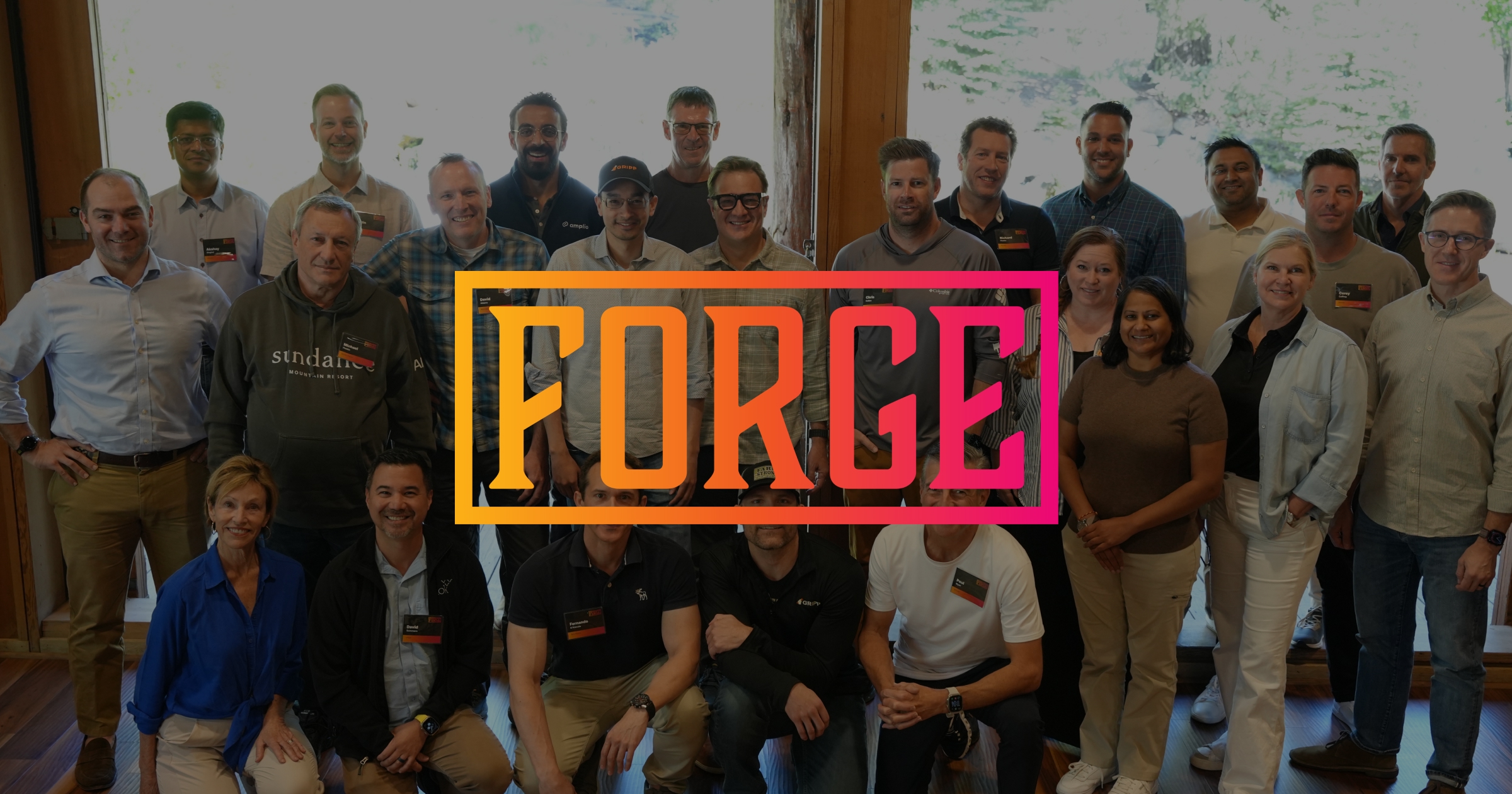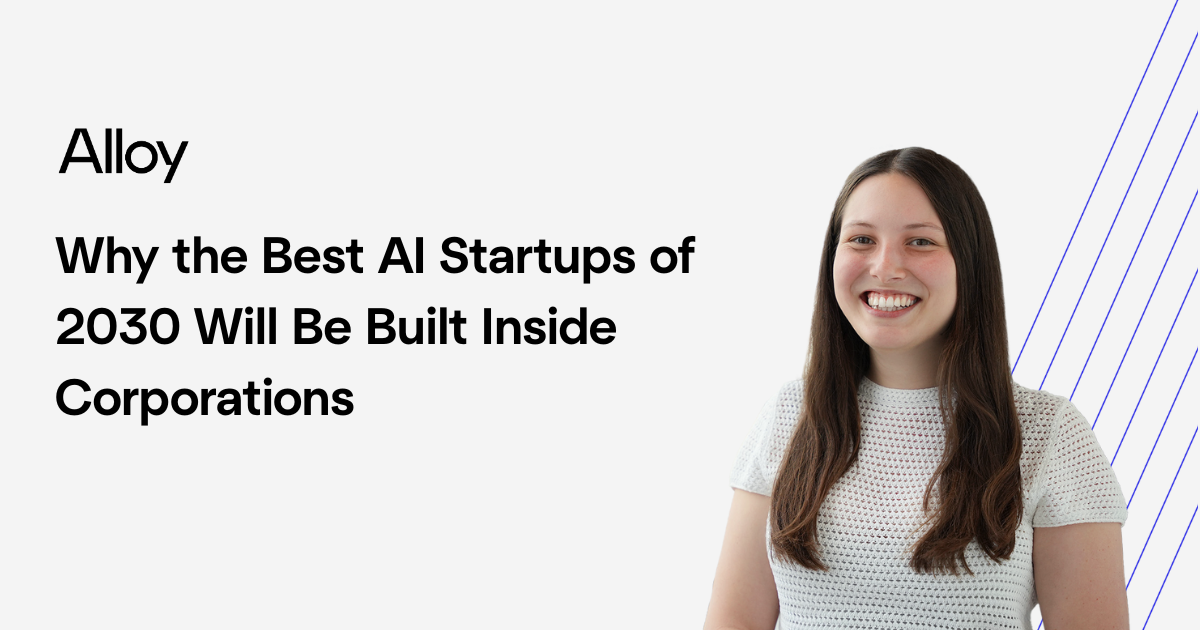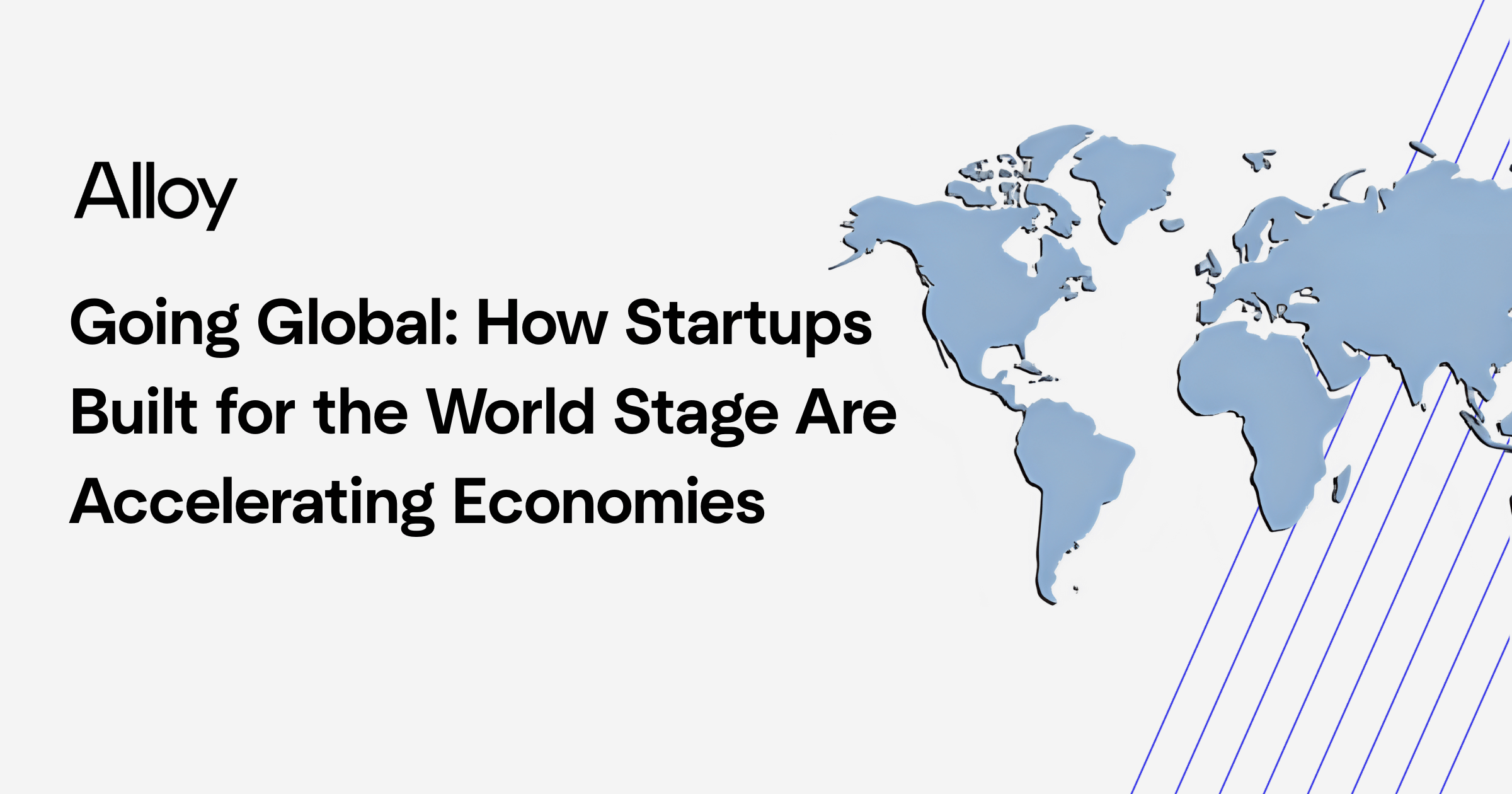In the AI era, compliance is no longer just a floor—it’s the launchpad.
Accounting is evolving faster than ever. Consider Crete Professionals Alliance, backed by Thrive Capital: in just two years since its founding in 2023, the firm reached over $300 million in annual revenue. And the firm isn’t stopping there — it plans to invest more than $500 million over the next two years to acquire additional U.S. accounting firms and integrate AI through an OpenAI partnership to improve efficiency, expand service offerings, and unlock higher-value insights.
Crete PA’s meteoric growth highlights a broader trend: venture capital (e.g., Bessemer Venture Partners, General Catalyst) is aggressively joining private equity (e.g., TowerBrook Capital Partners) in moving into accounting, using AI to transform historically service-heavy firms into technology-enabled, strategically impactful operations. Our CEO, Elliott Parker, recently wrote about the decision between betting on growth vs. efficiency in the age of AI in Accounting Today.
For startups, this industry trend opens the door to build tools and solutions at the cutting edge of accounting innovation. In addition, startups benefit from characteristics that make the accounting industry particularly attractive for AI: much of the work is repetitive, rules-based, and data-intensive, making it ideal for automation, and regulatory and compliance requirements create a need for precision and auditability, which AI can deliver at scale.
Let's take a look at where the AI-first accounting firm is today and where we'd like to see it go in the future.
Today, AI is Making Bookkeeping Smarter: More Efficient, More Accurate
Accounting firms are increasingly adopting AI to automate routine tasks, allowing professionals to focus on strategic decision-making. For instance, EY has invested $1 billion in AI and workforce development to automate time-consuming tasks like data collection and compliance, aiming to make accounting less tedious and more appealing.
Similarly, by incorporating AI agents, PwC is training junior accountants to take on responsibilities traditionally held by mid-level managers. Junior accountants now review and supervise AI systems that can perform routine audit tasks.
With AI tools, accounting firms can automate repetitive bookkeeping tasks, flag anomalies, and reconcile accounts faster than ever before. This reduces errors, lowers operational costs, and allows accountants to focus on higher-value analysis — exactly the type of operational improvement VC and PE investors are looking to scale.
The Next Frontier in the Accounting AI Arms Race
Crete Professionals Alliance exemplifies the rapid pace of AI transformation in accounting, integrating AI across more than 20 acquired firms in just two years and building a platform that competitors will struggle to match. EY and PwC highlight the scale of this shift, with multi-billion-dollar investments and firm-wide AI initiatives.
While AI has already streamlined bookkeeping, the bigger question for accounting firms now is how to leverage these tools to move beyond efficiency and stay competitive.
That frontier looks like real-time strategic insight, predictive compliance, and value-added advisory services. For example:
- Proactive compliance: AI systems automatically monitor regulatory changes and flag potential compliance risks before they materialize, turning a traditionally reactive process into a predictive capability.
- Strategic advisory: AI-driven financial modeling tools allow accountants to provide scenario planning and cash flow forecasting in real time, helping clients make faster, data-driven decisions.
- Advanced fraud detection: AI identifies unusual transactions, and patterns indicative of fraud, enabling accountants to prevent financial losses and maintain trust with clients.
- Democratized access: Small and medium-sized businesses can now access strategic insights and analytics that were previously available only to large enterprise clients.
For accounting firms, this frontier is no longer theoretical — it’s the difference between leading the market or falling behind. And for startups, each of these applications represents an opportunity to build tools that help firms navigate this rapidly evolving landscape. The question is no longer if AI will reshape accounting — it’s who will lead the charge, and how quickly.
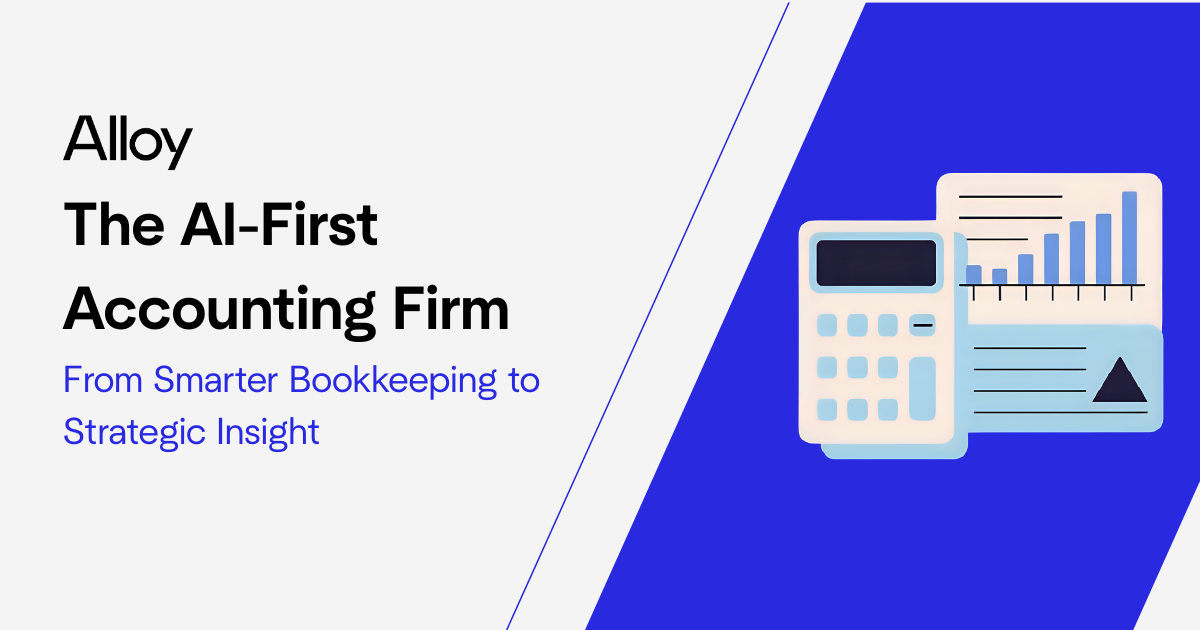










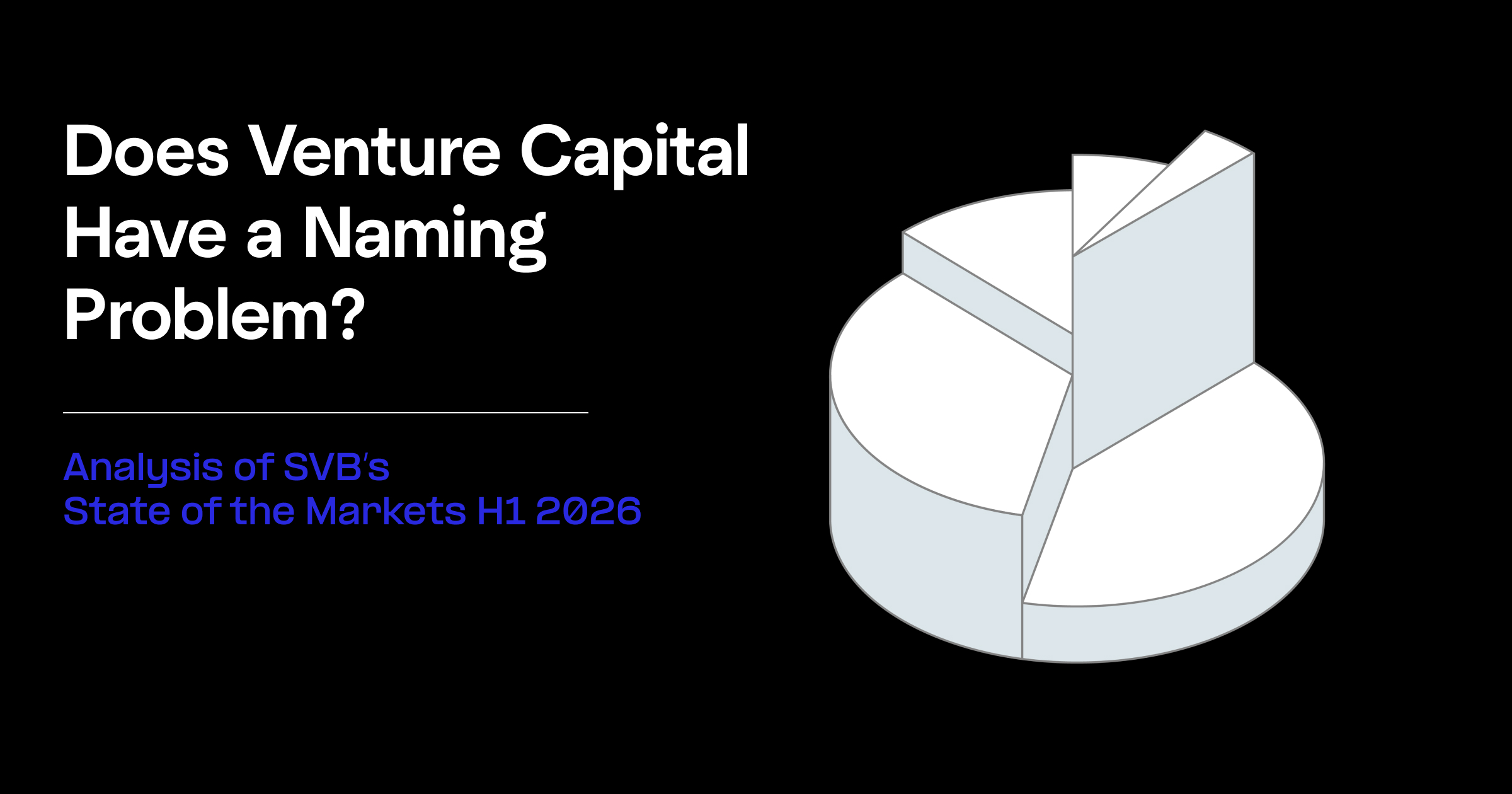
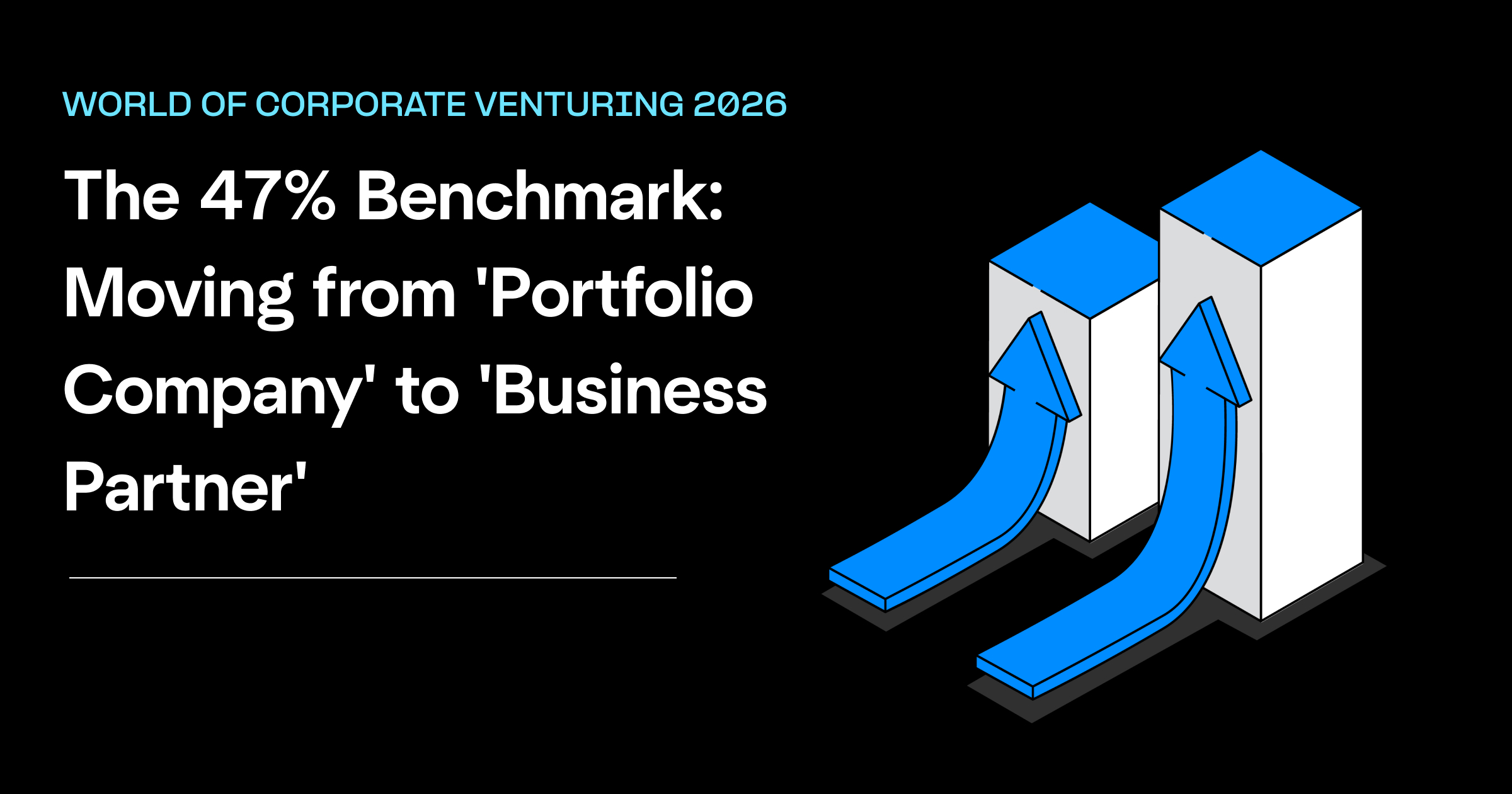


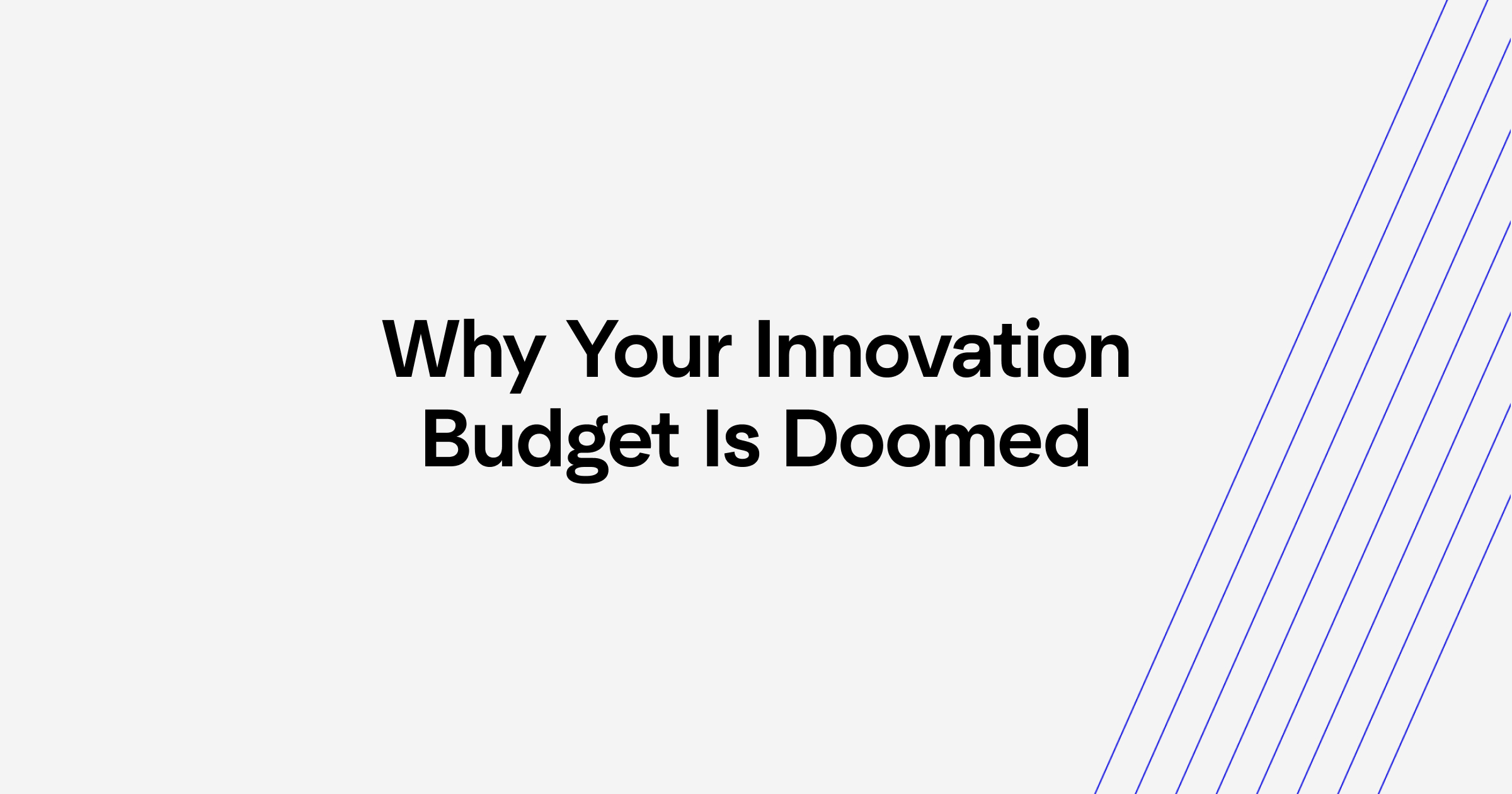



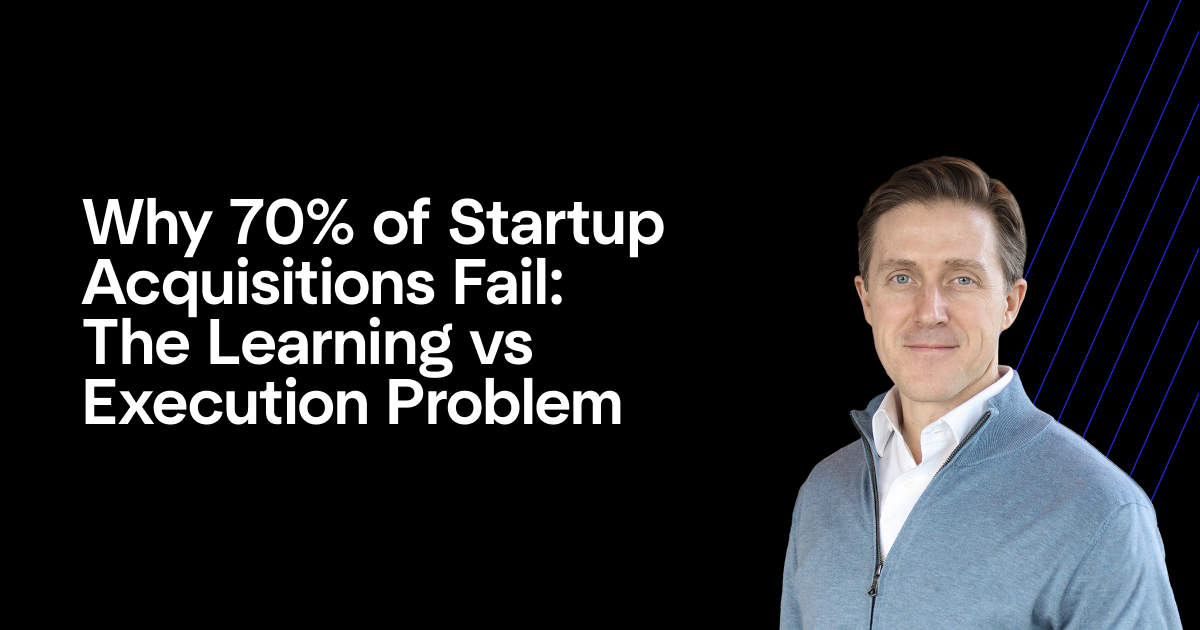



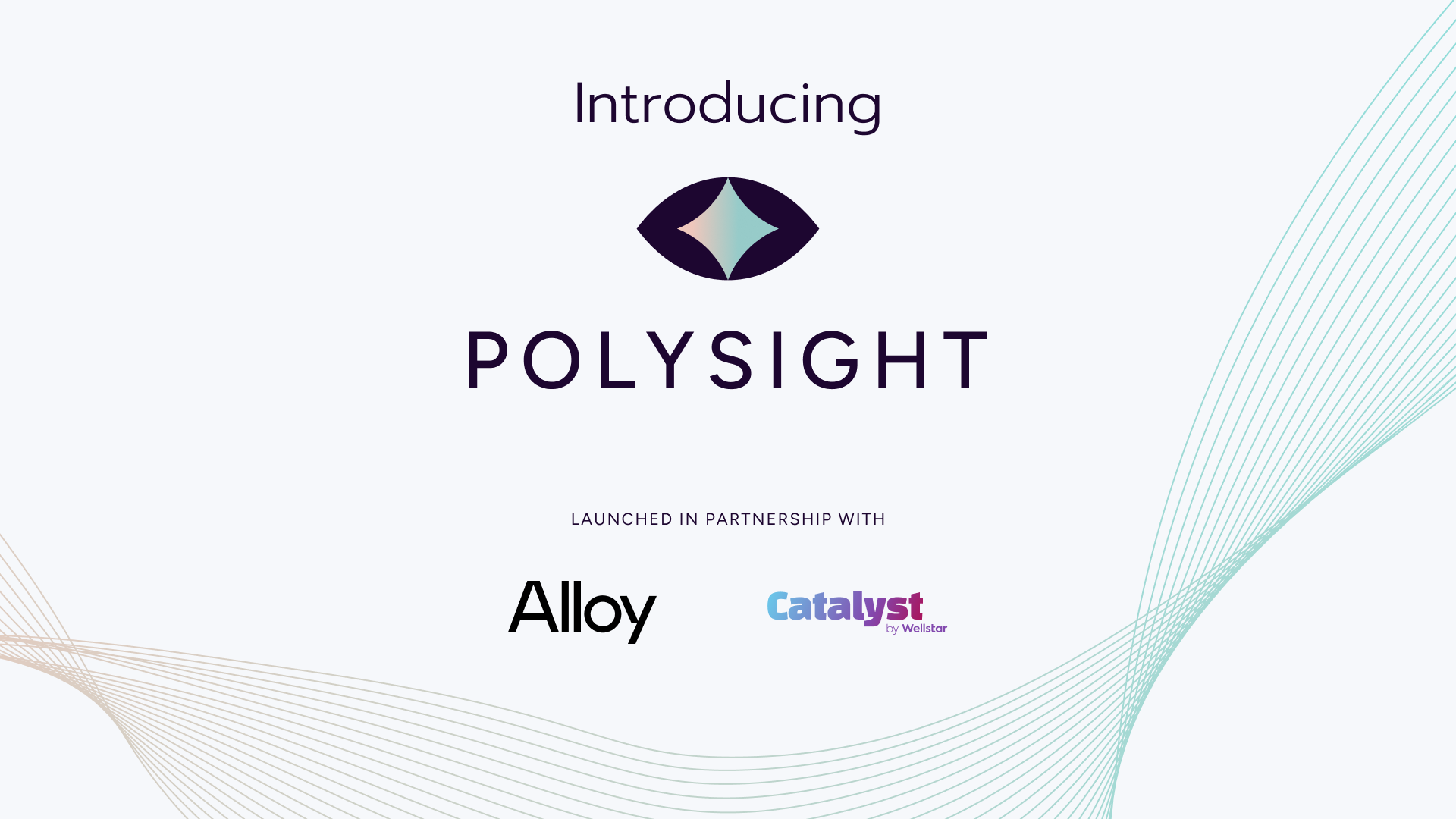
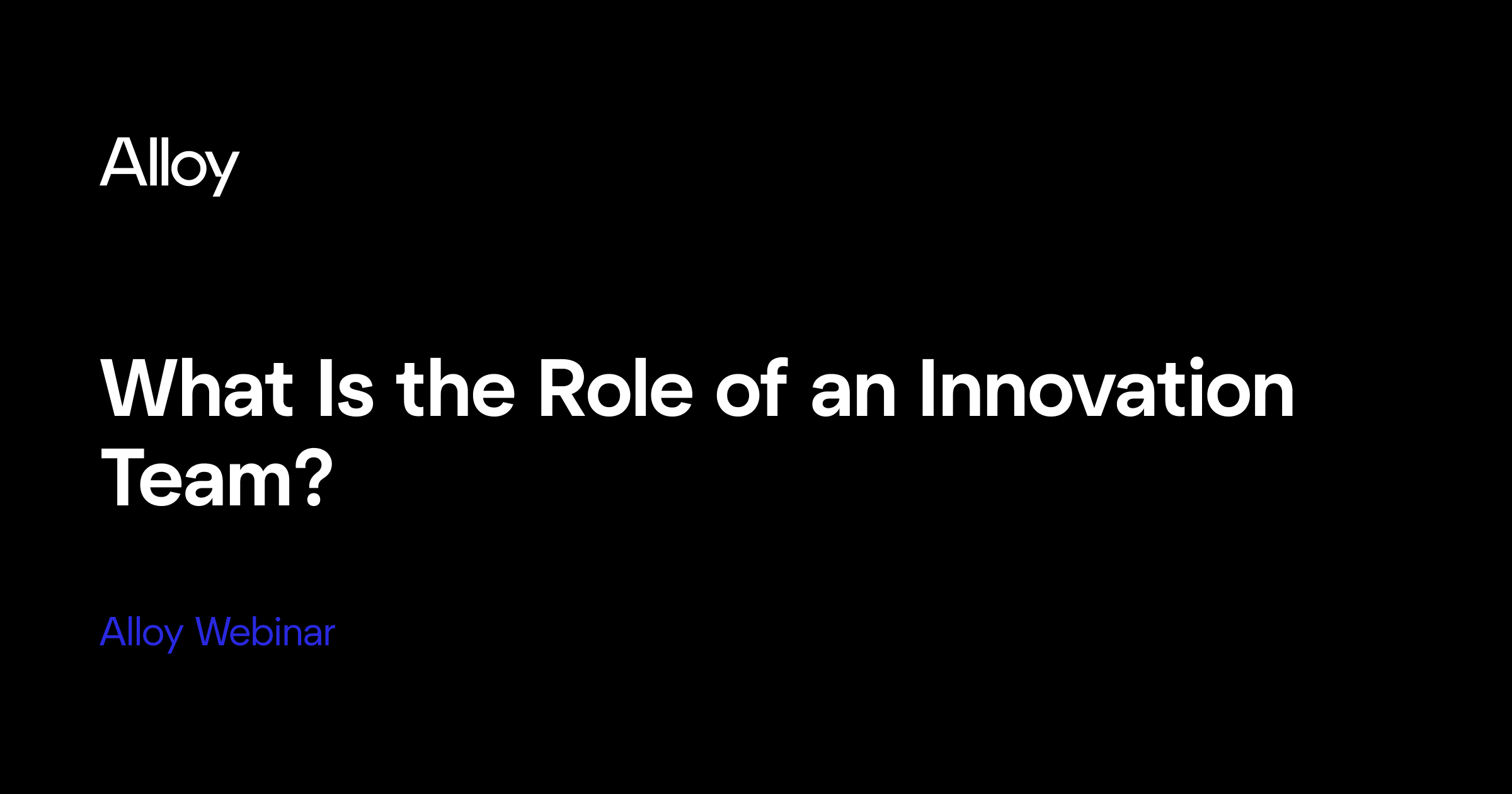




.png)



















